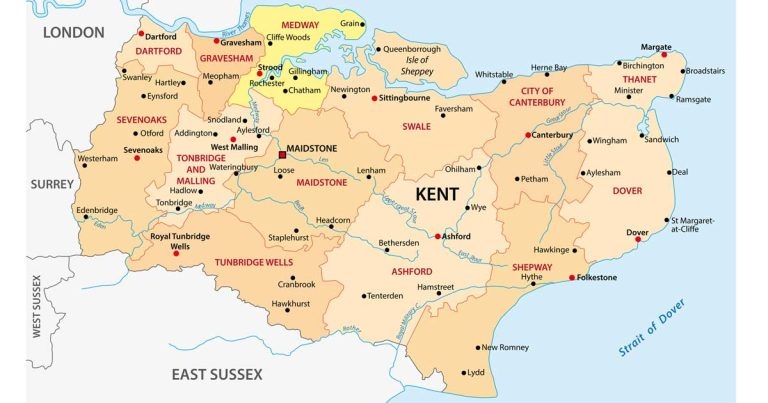5 Jan 2024
With a total of 36 animals now known to have contracted the virus, a senior vet has urged farmers to act now to seek the right to move animals out of restricted areas if they need to for welfare reasons.

Image: © lesniewski / Adobe Stock
The first new bluetongue case of 2024 has been detected at premises in Kent, officials confirmed yesterday (4 January).
The APHA said the latest infection had been discovered in a bull, which will be culled to prevent further transmission, in the Deal area of the county.
The case is the 36th to have been recorded in England across 20 separate locations since mid-November and is within the existing north-east Kent temporary control zone (TCZ), where restrictions on animal movements apply.
Officials said the TCZ is not being extended no sign remains that the virus is actively circulating among midges.
The new case follows a plea from a senior vet for farmers to make early applications to Defra for a licence to move their animals out of a TCZ on welfare grounds.
Sheep Veterinary Society president Joseph Henry, who also chairs the Ruminant Health and Welfare working group on bluetongue, said early submissions were necessary to enable the department to gauge the scale of need.
He added: “Applications for these licences can only be made where animal welfare is likely to be compromised.
“If you are a farmer in the current TCZ, we strongly recommend that you apply as soon as you are aware that the welfare of your animals may become compromised.
“Farmers may wish to ask their vets to assist in completing the application, ensuring you highlight the reasons why welfare is likely to be affected if you don’t move the animals.
“Each licence application is assessed individually, so it is important that all necessary information is given to allow appropriate risk assessments to be conducted.”
Meanwhile, a recording of a recent webinar session for vets on the issue has now been made available via the Agriculture and Horticulture Development Board’s YouTube channel.